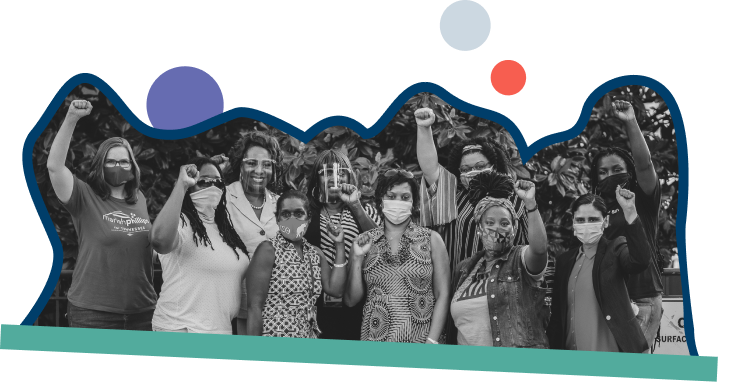When the Nashville Chamber of Commerce and business boosters in the 21st Century try to set goals for the city, they look and aspire to Austin, Texas or the Raleigh-Durham, North Carolina research triangle. The former shares an entertainment and music scene; both have attracted larger tech companies and banking; each is relatively liberal politically in a state that swung pro-business and conservative in the last few decades. The goal, in this vision, has been to attract what is termed the “creative class” — following the ideas of urbanist Richard Florida of incentivizing knowledge-based industry and the professionals who make up these to fast-track urban development.
These supply-side/trickle-down ideas have been widely discredited by Florida himself, who later saw most cities who employed this strategy are either worse or no better off overall (not to mention how this fueled gentrification in cities like Austin). However, that hasn’t stopped business elites from guiding plans for Nashville through this narrow lens.
The attempt to recruit new “creative classes” is a response to the fact that in the 1980s, as Nashville faced global and regional economic shifts, it started to lose its position as the “Wall Street of the South”, a hub for banks, insurance companies, and other capital, that it had established in the early 20th Century. Nashville had a smaller mix of industry, such as weapons production for Dupont starting in the civil war, but neither this nor agriculture had a large stake. (In fact, as discussed below, land speculation was always a significant part of Nashville’s story). Losing major finance, baking and insurance and turning to “creative classes” and tourism led to a reshuffling of power with it (discussed further below).


Today, the cornerstone industries across the 10 counties that make up the middle Tennessee region include health care management, music and entertainment, tourism and manufacturing. At the top: Vanderbilt University Medical Center, Nissan North America and HCA Healthcare. Health care in the region has been entrepreneurial and sought out new ventures to distinguish itself (like elective surgeries), and is more representative of a new corporate base of power. While some small businesses help maintain the large tourism sector, a large number of chain restaurants like Shoney’s, major hotels like the Omni, and music venues dominate- part of what has helped brand the city as “Nash-Vegas.” The retail sector has also faced the expansion of non-union, low-wage chains like Dollar General and Family Dollar targeting low-income neighborhoods (and in 2021, piloting a “suburban” model in Nashville).
Food production (and small manufacturing) is often not discussed in the broader Middle Tennessee region, yet still a powerful force. This includes meatpacking plants that have been at the center of labor organizing in 2020 to stop the spread of COVID-19 and deal with longstanding safety issues. Many of the largest global meatpacking conglomerates – including Tyson and JBS – are represented both in the Nashville area and Middle Tennessee more broadly.
The difference among union and non-union meatpacking plant responses to COVID-19 in the region was stark, with numerous non-union sites being hardest hit with outbreaks. The Retail, Wholesale and Department Store Union (RWDSU) and the Central Labor Council of Nashville and Middle Tennessee have been successful in linking Black and brown workers in meatpacking in often-unrecognized organizing defying narratives about the right-to-work region. (This model of Black-led organizing has informed how RWDSU is also breaking new ground in other sectors in the South, including in its Amazon logistics warehouse unionization campaign in Bessemer, Alabama.)

